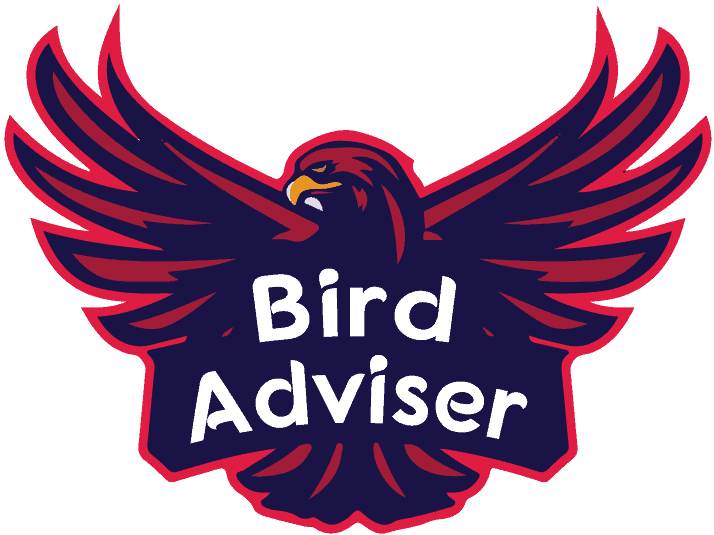After feeding the birds all winter, many people abandon their bird feeders in the spring. In the early summer, some folks take them down. Others don’t take them down at all and feed them all year. Feeders should not be taken down at any specific time.
As a result, one would wonder if feeding birds in the winter is a poor idea; it isn’t true. When birds require the greatest energy, such as during migration, and late winter or early spring, when natural food supplies are limited, bird feeding is most beneficial.
When to Stop Feeding Birds for Winter?
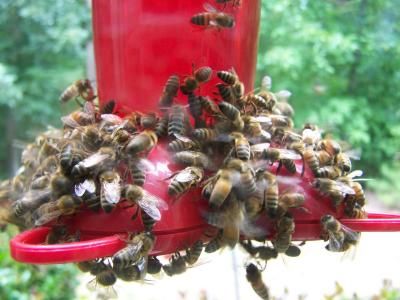
In a nutshell, feeding birds does not cease throughout the winter. Many folks are unsure when the best time is to take down their bird feeders for the winter and allow the birds to migrate.
Winter, on the other hand, maybe the most critical season to keep your feeders loaded with seed. Winterizing your feeders will not prevent migratory birds from migrating to warmer regions, as they have been genetically designed to do for millions of years.
However, putting bird feeders out all year will ensure that birds that do not migrate are fed and do not have to scavenge for food throughout winter.
Many of the summer visitors to your feeders do not migrate, and the only explanation you don’t see them in the winter is because you stop feeding them.
Take the northern Cardinal, for example; these birds are year-round residents. If you put food out throughout the winter, they will most likely visit your feeders throughout the year.
In the Winter, What Do Birds Eat?
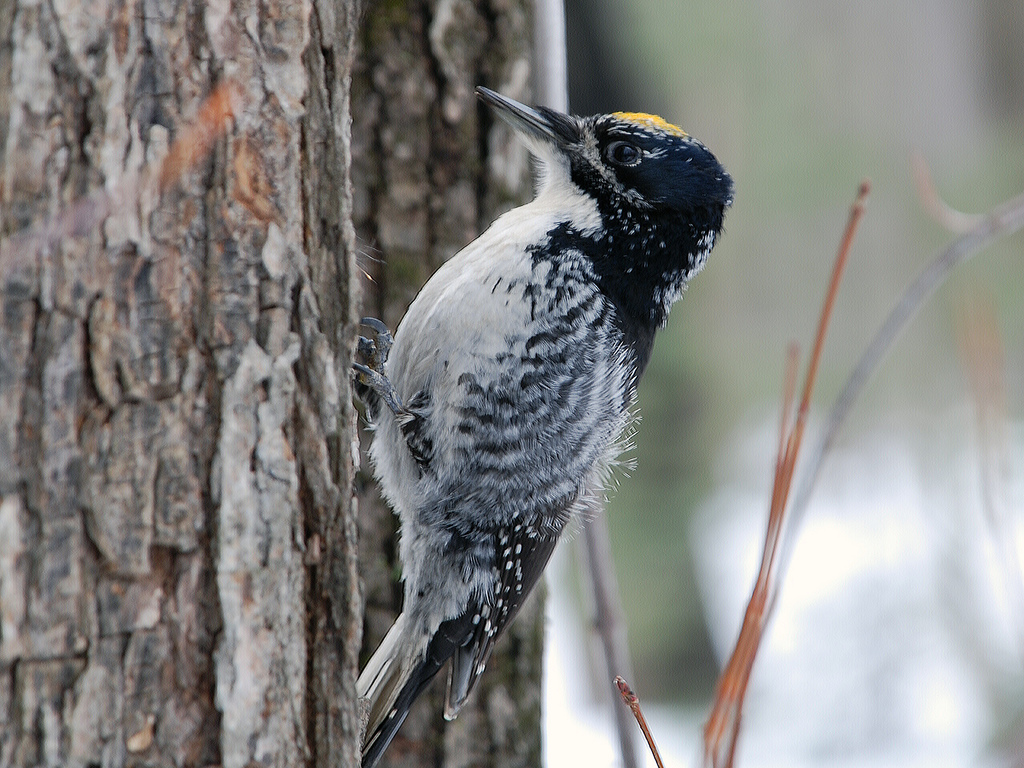
Wild birds keep warm by boosting their metabolism to maintain their internal body temperatures, in addition to behavioral modifications.
This means that birds must increase their calorie intake in order to survive the winter. To put it another way, they have to consume a large amount of food simply to keep warm.
Winter is the time of year when birds have the most difficulty finding food, due to reduced insect activity and a coating of snow covering nuts and seeds on the ground.
Gray Jays, for example, prepare for this by conserving food over the summer and devouring it in the winter. Woodpeckers, for example, search trees and bark for hibernating insects and larvae.
Even with these precautions, many birds benefit from additional food sources, particularly in our urban environment, where many trees and natural spaces have been replaced by concrete buildings and homes.
Chickadees and goldfinches, for example, gather to locate consistent food sources and look for feeders ahead of winter to prepare for food security.
Should You Stop Feeding Birds in the Winter?
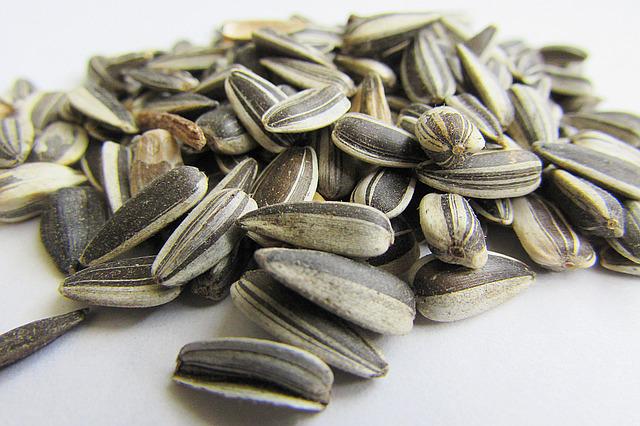
You applaud yourself on your commendable management of all the life that relies on you as you walk out the door for a midwinter getaway; the dog is at the kennel, the goldfish is with a neighbor, and a friend will come over to water your plants.
But hold on a second! You haven’t even left the driveway yet, and your birdfeeders are already half-empty. What will happen to those lovely little chickadees if they come in search of black-oil sunflower seed but come up empty-handed?
Wild birds are resourceful, obtaining the majority of their food from their natural surroundings; even in the most severe or unique conditions, they are able to locate enough food to survive.
However, birds that have been accustomed to supplemental feeding may suffer if that food source is suddenly removed, particularly during the winter. Experts give a range of advice and suggestions, including:
Keep your feeders stocked throughout the coldest months of the year
Birdfeeders are especially appealing to birds in the winter when natural food sources are scarce.
Seed eaters like finches, sparrows, titmice, and chickadees may swarm to feeders in greater numbers than natural food supplies alone could support in the surrounding vicinity.
Seeds that are only a pleasant complement in typical winter conditions may become essential in the span of a single severe ice storm or snowstorm.
In general, keeping feeders running in the winter, especially during cold weather, is more crucial. Chickadees have a wintering region that they dwell in. When they’ve become accustomed to your food source, it’s more difficult for them to adjust when it’s taken away during the winter.
If necessary, set up large-capacity feeders
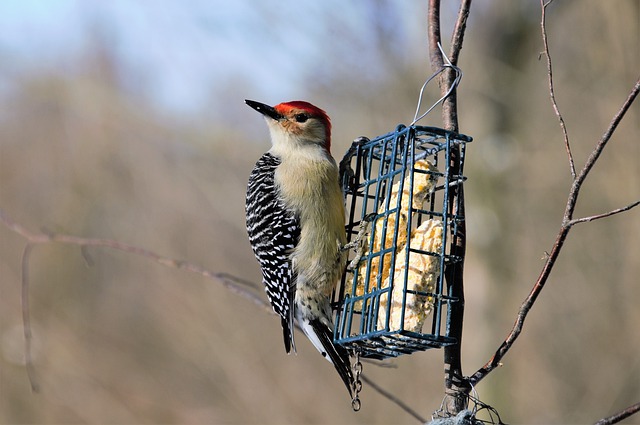
Finding someone to replenish the feeders is the best option. If you have close neighbors that maintain consistent feeding stations and your birds can travel next door if they need to, your birds might not be as harmed if you stop feeding.
Encourage bird feeding in your neighborhood
When one thinks of a severe winter environment, Florida isn’t the first place that springs to mind.
However, rather than migrating to Central or South America, ornithologists have observed neotropical migrants overwintering there and in other southern states in recent decades.
It’s not so much seed that’s in limited supply in these circumstances, but something sweeter.
In The Winter, What To Feed The Birds?
Feeding birds in the winter is a little different from the rest of the year. While they will eat your standard bag of mixed seeds, there are a few more foods you can give them that will provide them with enough energy to get them through the chilly winter months.
You may provide your winter birds with a variety of choices in addition to birdseed:
1. Suet
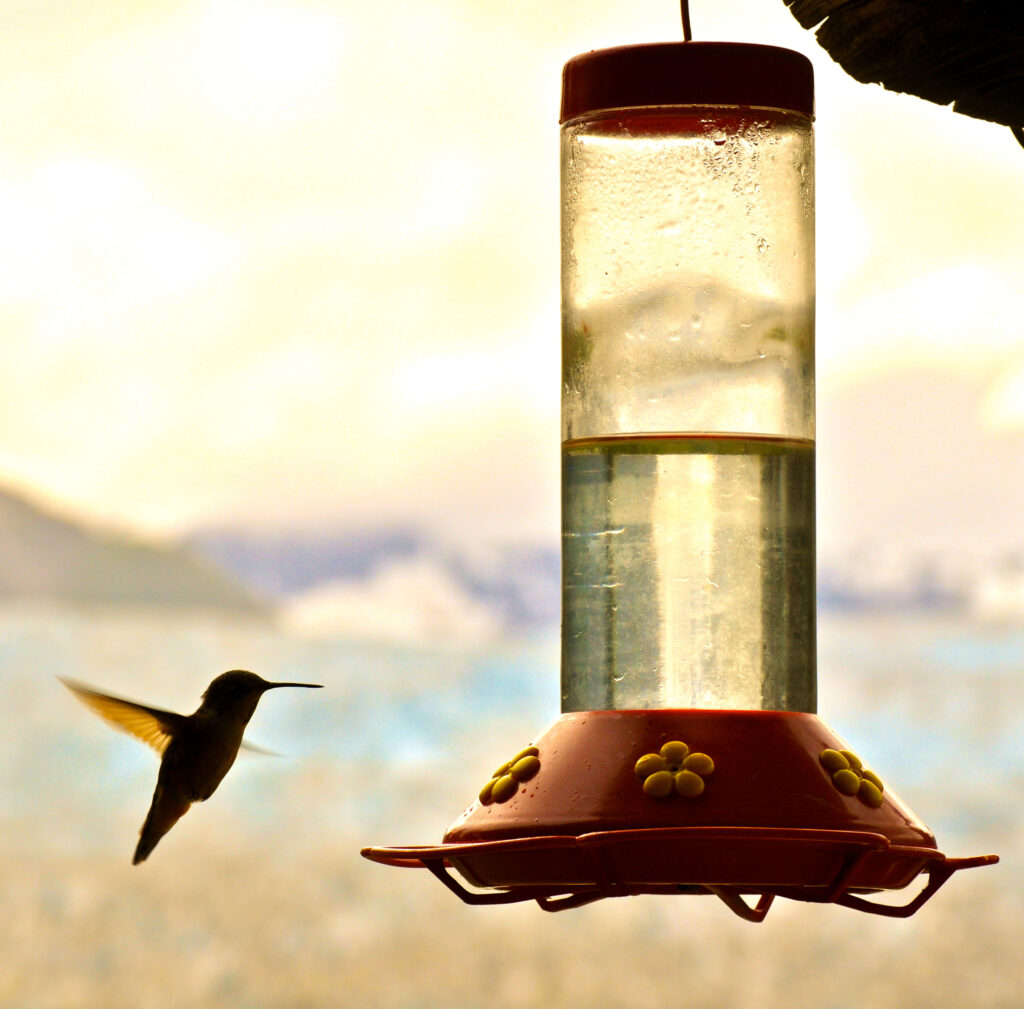
Suet is mostly formed of animal fat, and it provides the birds with enough energy to get them through the winter.
Suet may be purchased anywhere birdseed is sold, or it can be made very readily at home.
2. Mealworms
Mealworms, which are just beetle larvae, are a high-energy, high-protein diet for birds.
Mealworms can be obtained live from bait shops or certain specialist businesses online, but freeze-dried mealworms are also available at a reasonable price, making them an excellent winter bird diet.
3. Sunflower Seeds
Black oil sunflower seeds are popular with backyard birds all year, not only during the winter. Because of the high oil content, black oil sunflower seeds are not only good but also a cheap choice for birds.
4. Peanuts
Peanuts are a fantastic alternative for feeding birds throughout the winter months since they are strong in protein and fat components. On Amazon, you may acquire a huge bag of peanuts that will last a long time.
Check out this article When to Stop Feeding Birds in Summer for more detailed information.
Conclusion
So this is all from us if you are seeking when you should stop feeding birds in winter? The winter months are when you should put out the most food in your garden for the birds.
During these months, the natural food supplies of fruit, berries, nuts, and seeds have been depleted, and there are few active and accessible invertebrates.
Furthermore, because the weather is cold, little birds must expend more energy to remain warm, and because the days are shorter, there is less opportunity to obtain food to replenish lost energy.
FAQ
When is the ideal time to stop feeding birds?
Once the cold and snowy winter weather has passed, you may stop feeding birds. Many individuals come to a halt at this point. However, we recommend waiting until May or possibly June to remove your feeders.
Is it true that birds need additional feeders in the winter?
Feeders aren’t the only food source for birds. The major issues arise when an ice storm covers all of the twigs and branches, which are where bug larvae and seeds are generally found.
Then the additional feeder would be quite useful. Chickadees and other birds do better in the winter if they have access to additional food at feeders, according to studies.
Last Updated on March 22, 2023 by Lily Aldrin
